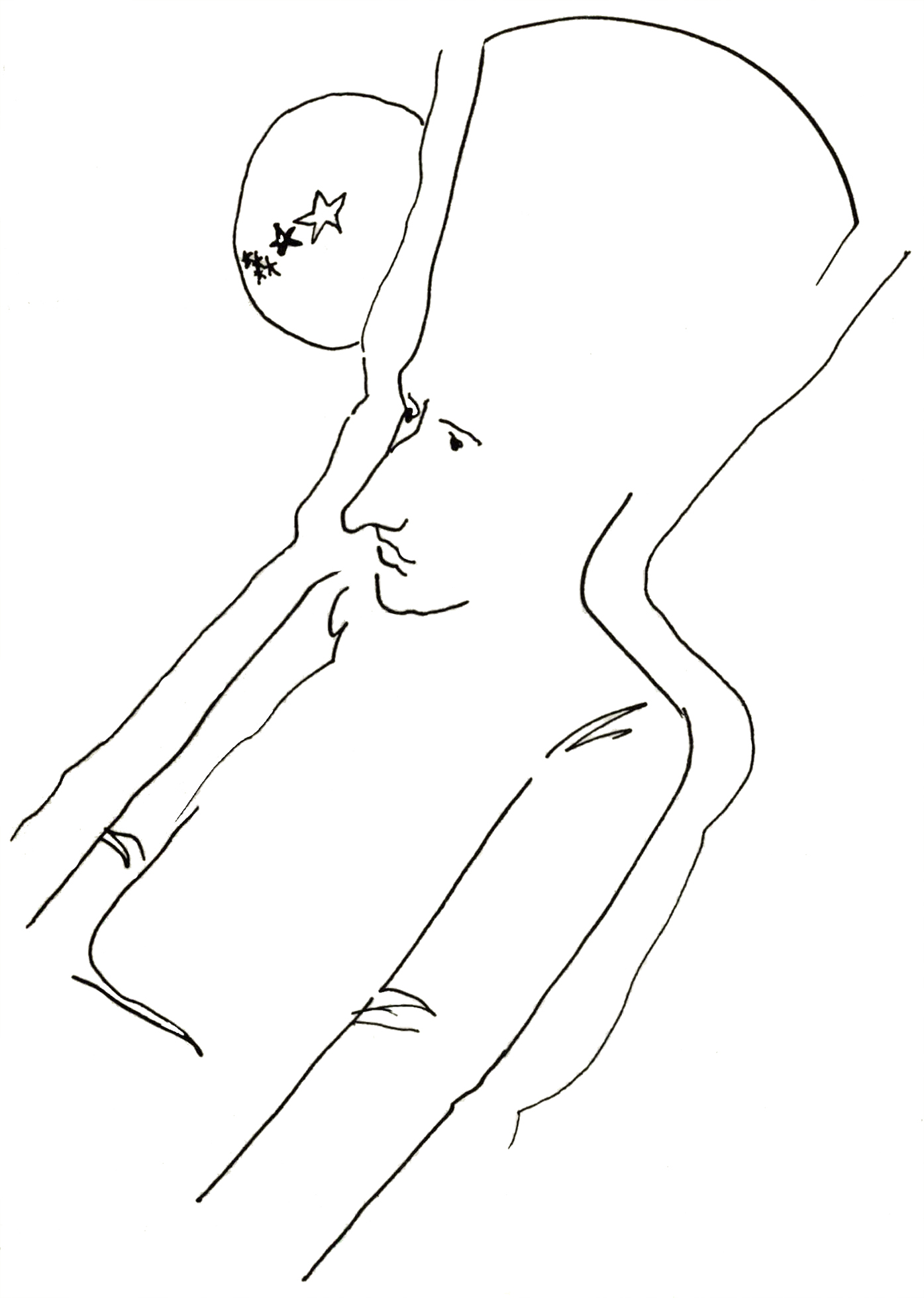To come to an understanding of the intrinsic workings of everyday life, primitive man sought order amidst the chaos of his existence. Tides came in and washed over ground that was dry and untouchable only days before. Cold made barren the lushness of a summer forest. But most remarkable were the rites of spring: life, plentiful and green, pushing its way through the crust of a long winter, bringing renewal, faith, and eventual understanding of cycles and seasons.
Primitive man looked to the heavens and perceived a cyclic order to which he could ascribe earthly events. He saw the tides occur with the regularity of the full moon. He perceived the passage of the sun as corresponding to the seasons and eventually learned to cultivate crops, store food and prepare his shelter for the winter, while keeping his seeds for the spring he knew would follow.
He saw that five stars wandered in the sky in a definable orbit that transcribed the faces of the fixed constellations surrounding them. To these wanderers the word planet was ascribed. The Babylonians and the Chaldeans built towers to study the movements of the planets and devised mathematical systems in an attempt to live in harmony with their environment, avoiding tides and natural disasters.
To each planet was assigned the name of a god or goddess that ruled over different aspects of life, growth, death and existence in general, according to the placement of the planet in its orbit from the sun, its color, size, and shape. Man came to realize a correlation between the outcome of wars and the location of the red planet Mars, the planet of passion. Chronos-Saturn, the furthest planet that could be seen with the naked eye, enclosed all the other visible planets within its orbit, giving form to the solar system. Chronos-Saturn was the Lord, the father of Zeus and all the other gods. Saturn is the giver of structure and form, of permanence and stability. To the primitive man, Saturn became associated with the rise and fall of human structures, nations and cultures.
Modern man can utilize the knowledge derived from primitive man with the greater awareness and technical ability that he has acquired. Primitive man saw the workings of life on the planet as a reflection of the workings of the heavens — a microcosm of the macrocosm. Modern psychology has revealed that man contains within him universal symboligies and discernible elements to his character — conscious and unconscious, individual and collective. In our effort to understand ourselves and unfold our own potentialities we can see how certain of our discernible characteristics have a cyclic relationship to macrocosmic correspondences. I can say that within me is a martial function that is my drive, my motivation, my stimulus to action, whereas for primitive man it would have been force, conquest and soldiering. I can learn the uniqueness of my drives and understand how they work within me so that I may utilize them and develop their growth as constructively as possible.





